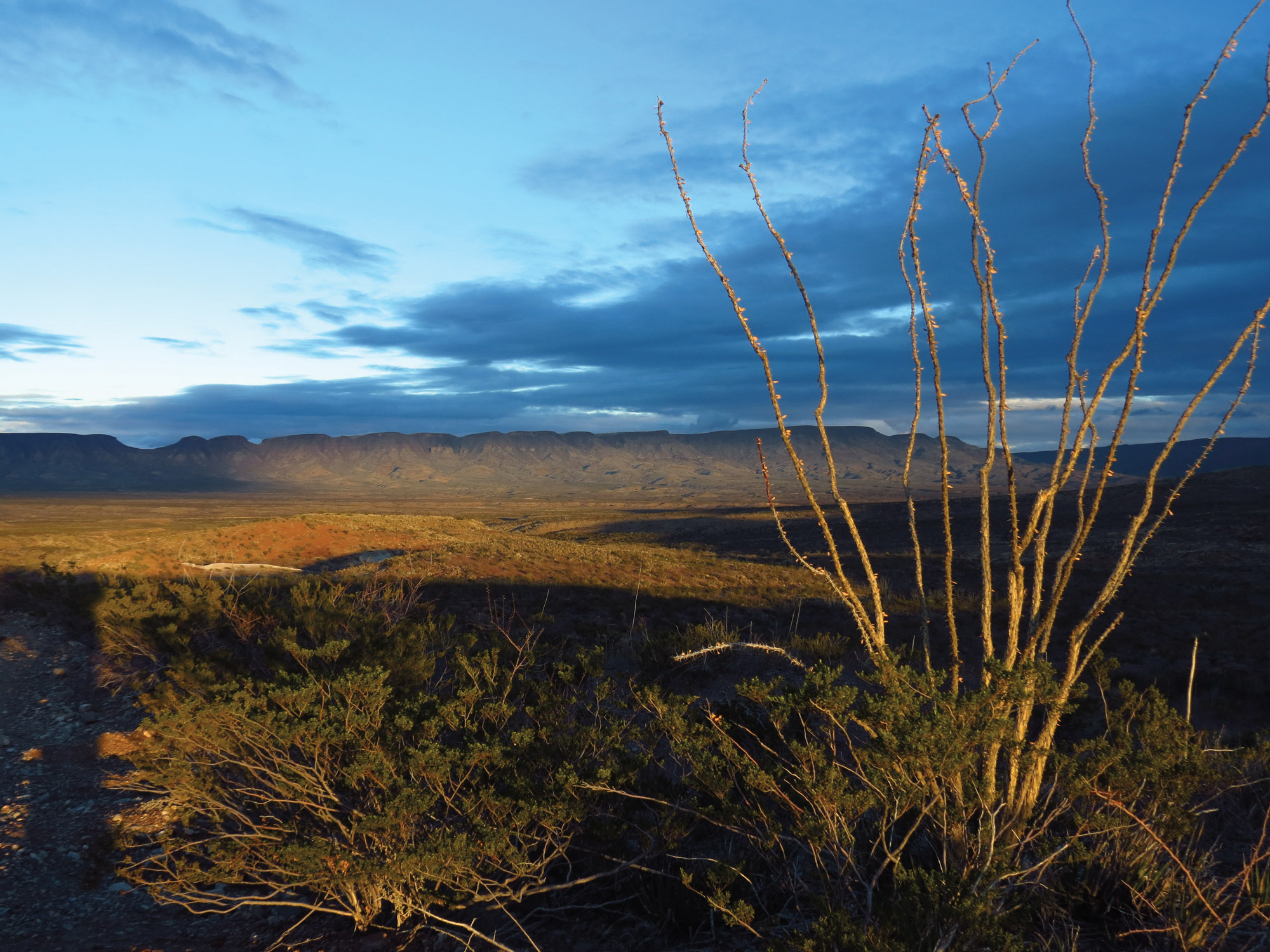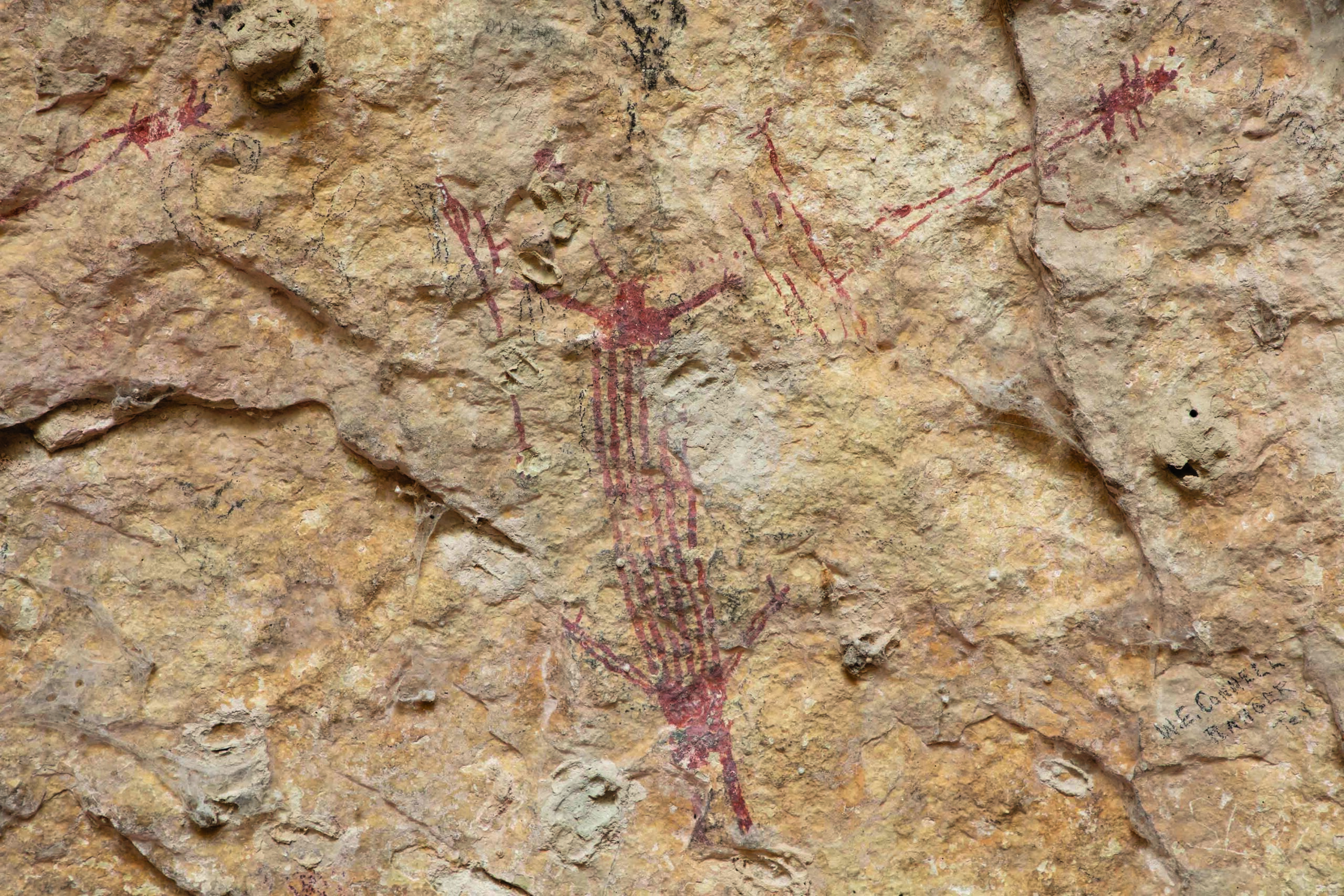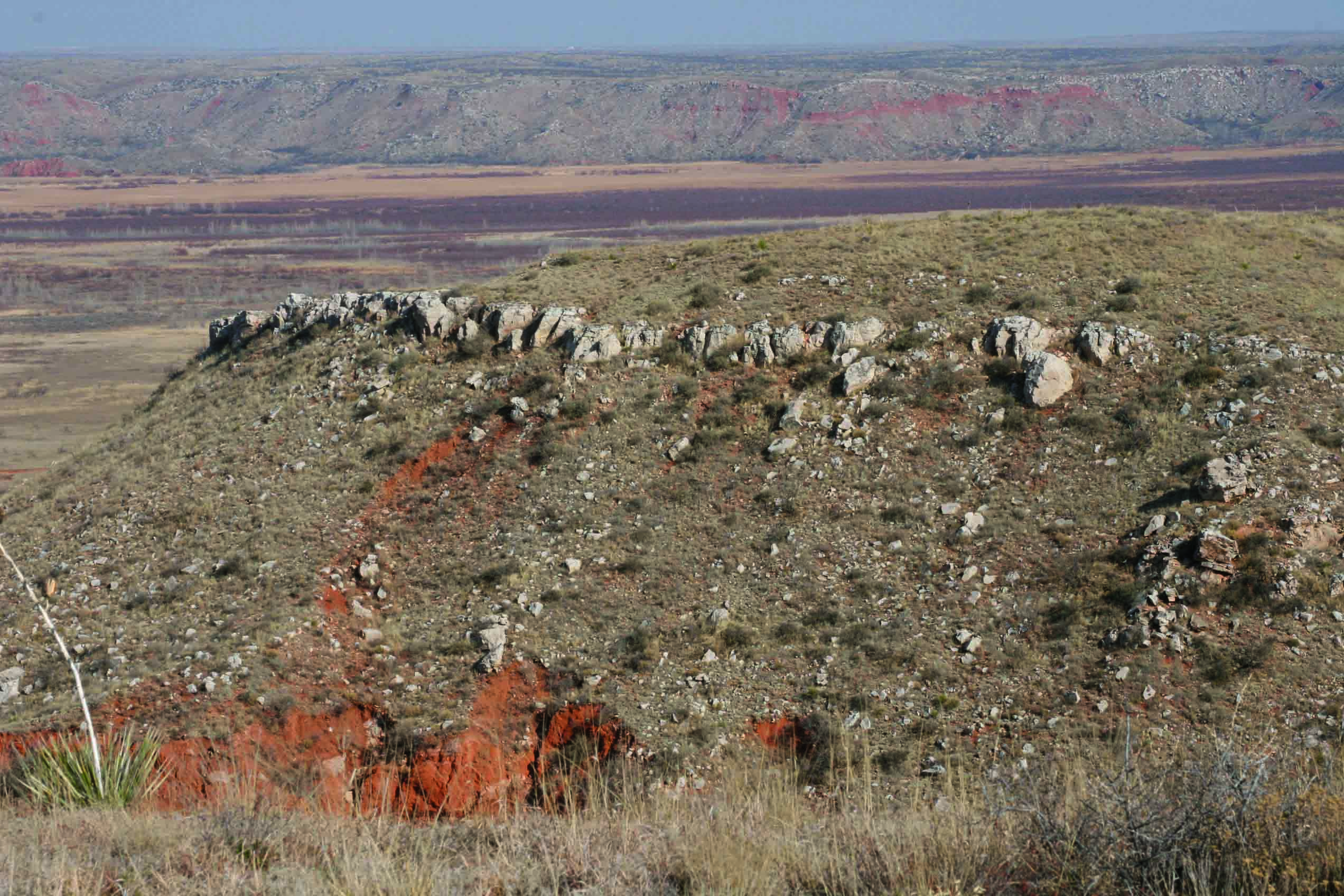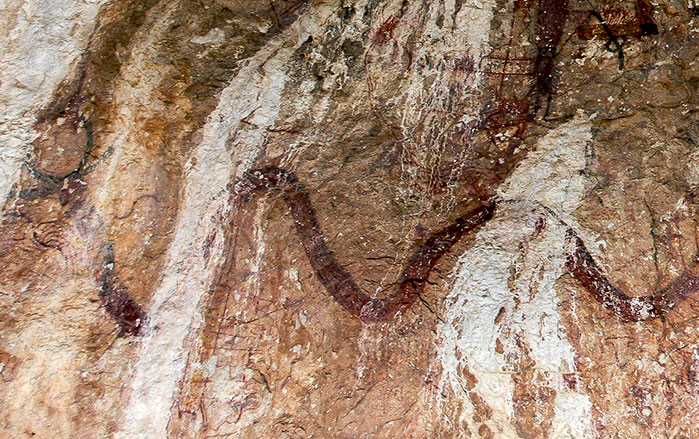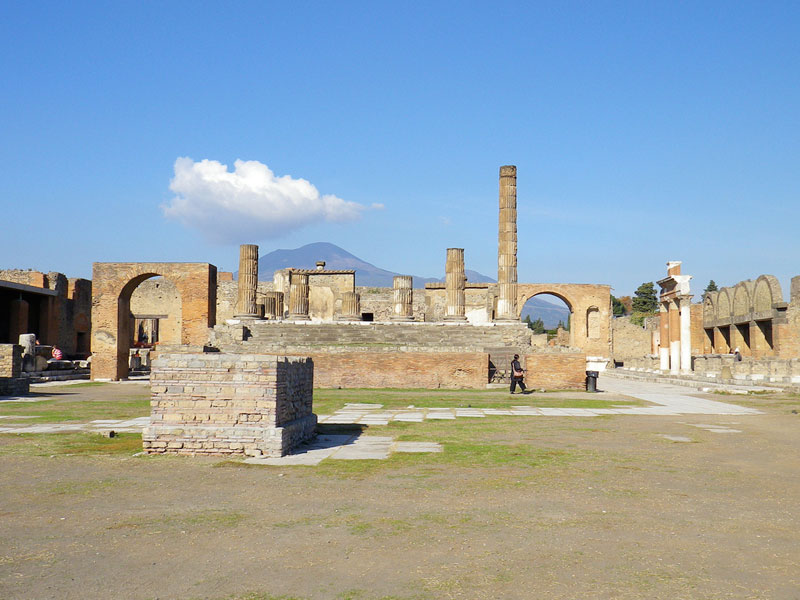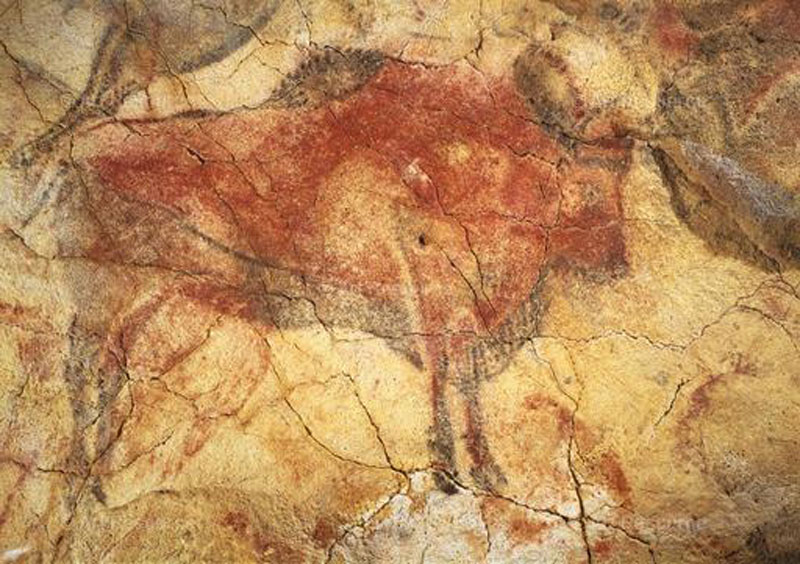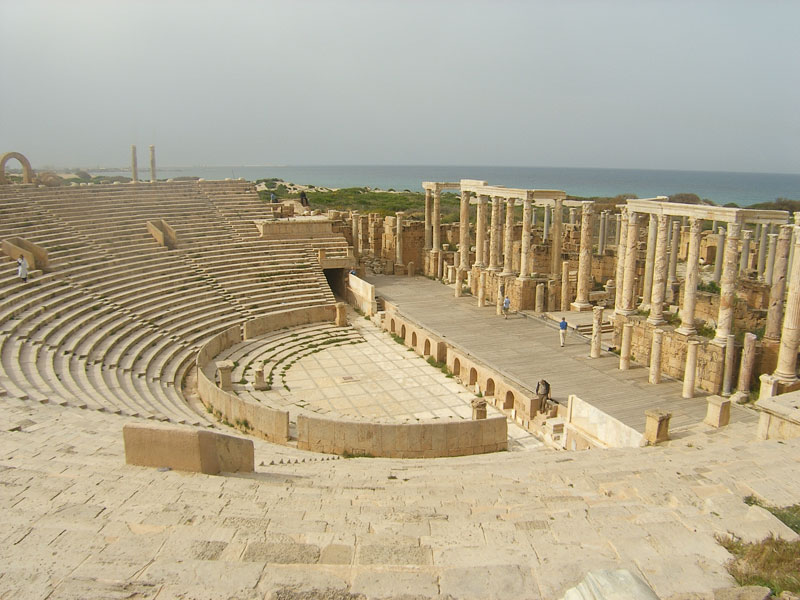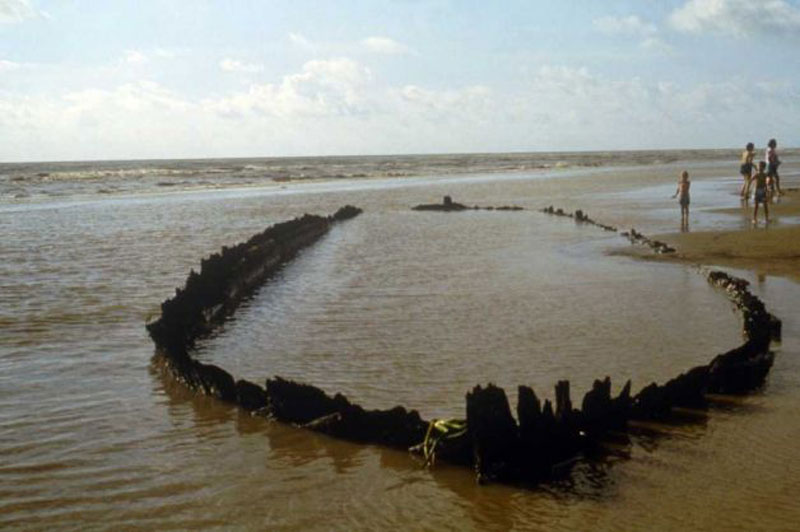
From October 2010 to the end of September 2011, Texas received the smallest amount of rainfall ever recorded over a 12-month period, according to the National Oceanic and Atmospheric Administration. One estimate predicts the drought, which has cost the state's agriculture industry more than $5 billion, could last until 2020.
The receding waters are affecting local archaeology, exposing sites that have been underwater for decades. The Texas Historical Commission says it has received one report per month of a newly emerged find, such as several shipwrecks (including the one at right), and discoveries are becoming more frequent. Among them is a mid-nineteenth-century cemetery for freed slaves that lay beneath the Richland Chambers Reservoir in northeastern Texas. Skeletal remains recovered from the site include a skull and a jaw bone. Authorities are mum on the cemetery's exact location, fearing it will attract looters—a problem that's plagued another site just south of Fort Worth. At least 30 people have been fined $1,000 each for disturbing sites at Lake Whitney, where receding waters exposed submerged caverns holding Native American artifacts and burial remains up to 8,000 years old.


